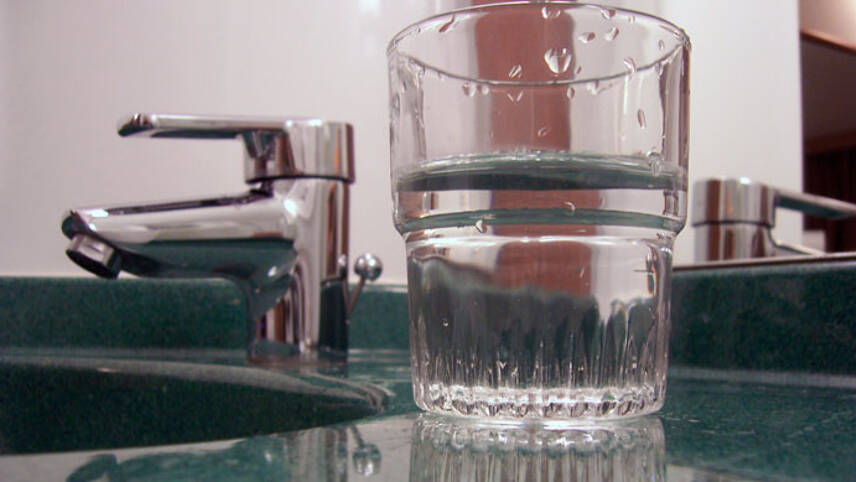Member only content free until 26/05/2024
To continue reading this article and enjoying free access to all Utility Week’s content up to the 26/05/2024 Register today!
Ready to become a member?

There is 'compelling' evidence that many small private water supplies in England are contaminated and this strengthens the case for stricter regulatory intervention, according to the annual report of the Drinking Water Inspectorate (DWI).
More than 37,000 private supplies known about in England; of these, 5,840 either serve 50 or more people or are used in a commercial or public activity, said the report. The remainder either serve a single domestic property (25,231) or a small number of households on a shared basis (6,474).
The DWI said of those used to provide supply to the public – which are subject to more rigorous scrutiny from local authorities and the DWI – 69 per cent had completed a risk assessment and had a sample taken by a local authority environmental health professional in 2014.
Of 8,054 samples tested from this group, 7.8 per cent did not meet the essential safety standard for E.coli. But of the smaller shared domestic supplies, which are sampled less often, there was a failure rate for E.coli of 23 per cent.
“The finding of E.coli in a private water supply demonstrates that faecal matter from birds, animals or humans is gaining access to the water supply and there is a high risk of the supply being associated directly with illness,” said the DWI’s report.
Overall, 13 per cent of private supplies failed tests for Enterococci bacteria, and 13 per cent for E.coli. There was also a significant failure rate for other contaminants, with lead (11 per cent), nitrate (10 per cent), manganese (9 per cent), clostridium perfingens (9 per cent), and iron (8 per cent) being the most frequent.
“This evidence about the contamination of many small private supplies is compelling and its open publication by the Inspectorate strengthens considerably the case for regulatory intervention to mitigate this public health risk,” reads the report, Drinking Water Quality in England: The Position After 25 years of Regulation.
Meanwhile, the report highlighted that public water supplies in the England and Wales remain amongst the highest quality in the world. Only 0.04 per cent of the DWI’s tests on public supplies in England, and 0.02 per cent of its tests in Wales, showed water that failed to meet legislative standards in 2014.
There were 488 reportable contamination events in England last year, 220 of which were risk assessed as ‘significant’ and requiring an independent investigation by a drinking water inspector; on investigation, 12 of these were rated as ‘serious’ and requiring further action. In Wales, there were only 23 reportable events; 10 of these were classed as ‘significant’, and none were rated ‘serious’.
This article first appeared on WWTonline.




Please login or Register to leave a comment.